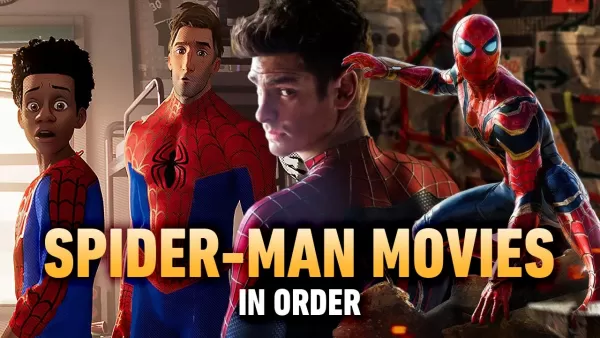
GameStop's Silent Store Closures Spark Concern
GameStop is quietly shuttering numerous US stores, leaving customers and employees reeling. The closures, often announced with little or no warning, represent a significant downturn for the once-dominant video game retailer. While GameStop hasn't publicly acknowledged a widespread closure initiative, social media platforms are abuzz with reports from affected customers and employees since the beginning of the year.
This marks a dramatic decline for a company with a 44-year history. Founded as Babbage's in 1980, GameStop boasted over 6,000 global locations and $9 billion in annual sales at its peak in 2015. However, the shift to digital game sales over the past nine years has significantly impacted its profitability. As of February 2024, ScrapeHero data indicates a nearly one-third reduction in GameStop's physical footprint, with approximately 3,000 stores remaining in the US.
Following a December 2024 SEC filing hinting at further store closures, both customers and employees have taken to Twitter and Reddit to share news of closed locations. One Twitter user expressed disappointment over the closure of a seemingly successful local store, fearing this foreshadows closures of less profitable outlets. Employee accounts also reveal concerns, with one Canadian employee citing "ridiculous goals" imposed by upper management as stores face evaluation.
The Ongoing Decline of GameStop
The recent closures continue a worrying trend for the struggling retailer. A March 2024 Reuters report painted a grim picture, highlighting the closure of 287 stores in the previous year, following a nearly 20% (approximately $432 million) revenue drop in the fourth quarter of 2023 compared to 2022.
Various rescue attempts have been made over the years, including diversification into toys, apparel, phone trade-ins, and trading card grading, all in response to the changing consumer landscape. The 2021 intervention by Reddit-based amateur investors, documented in Netflix's "Eat the Rich: The GameStop Saga" and the film "Dumb Money," offered a temporary reprieve, but the company's struggles persist.









